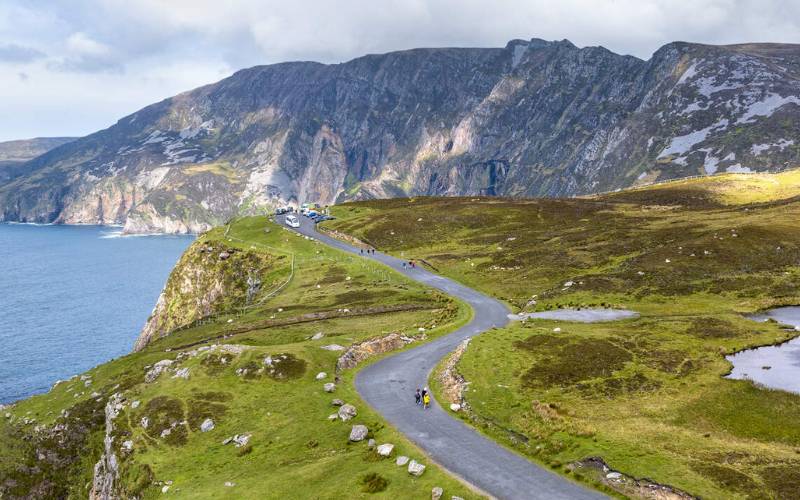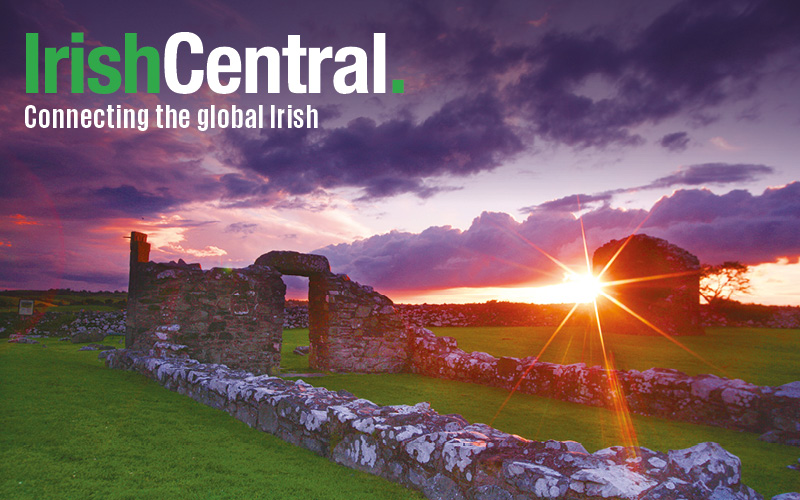The Irish parliament is considering a proposal that suggests Ireland could increase daylight hours, save lives, and reduce crime by moving to a different time zone.
This would mean that Ireland would have a separate time zone to it’s neighbors, the United Kingdom (including Northern Ireland) and instead join Central Europe’s timezone.
The bill, brought forward by independent Dublin politician Thomas Broughan, would bring Ireland’s time forward one hour. This would mean that people traveling from Northern Ireland across the border into the Republic of Ireland would have to change their clocks.
The Brighter Evenings Bill has been debated in Ireland’s parliament having been introduced in the winter of 2012. Broughan’s proposal is that Ireland would undergo a three-year time zone experiment.
If the bill is passed Ireland’s clocks would move forward in March but would not move back in October. There after the clocks would be moved forward and back as usual in the coming years bringing Ireland in line with Central Europe’s timezone.
Broughan told the BBC “Moving the clocks forward would make the evenings in the winter brighter for longer. In effect, we would spend more of our waking lives in the light rather than enduring the current long, bleak winter nights."
He believes more daylight would boost tourism and create more jobs in the leisure industry. It would also reduce energy bills and reduce crime and the fear of crime. He believes it would also save lives on the roads.
The independent politician said he believes this move would bring “an improved quality of life with increased time available for exercise and sport in the evening".
He called on Minister for Justice, Alan Shatter, to “prepare and publish a report on the costs and benefits of advancing the clocks by one hour to allow for brighter evenings".
However, on Friday, Shatter said he could “not accept the brighter evenings bill in principle”.
He said if the aim for to have an extra hour of daylight people could achieve this by “getting up and going to work an hour earlier”, the Irish Times reports.




Comments